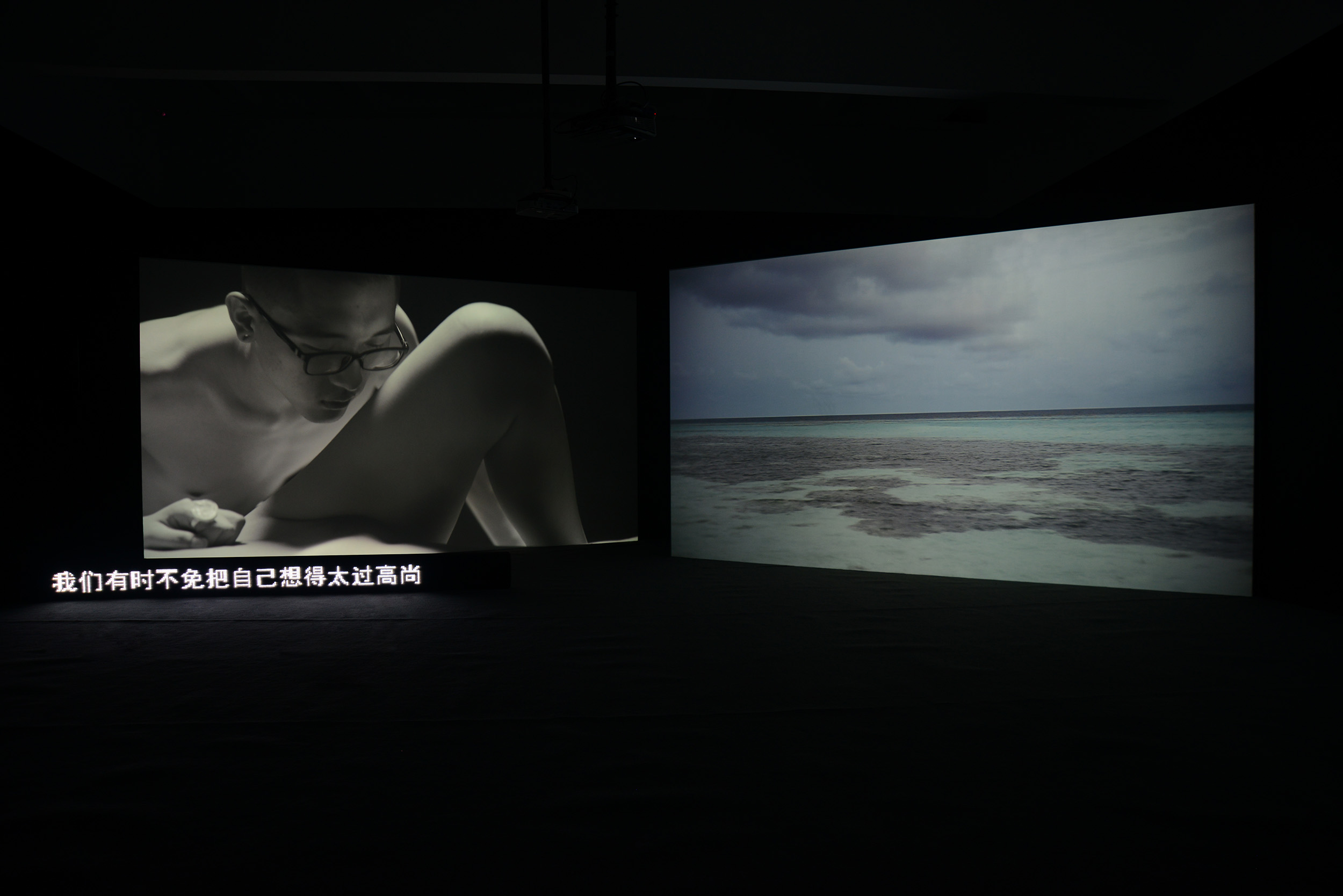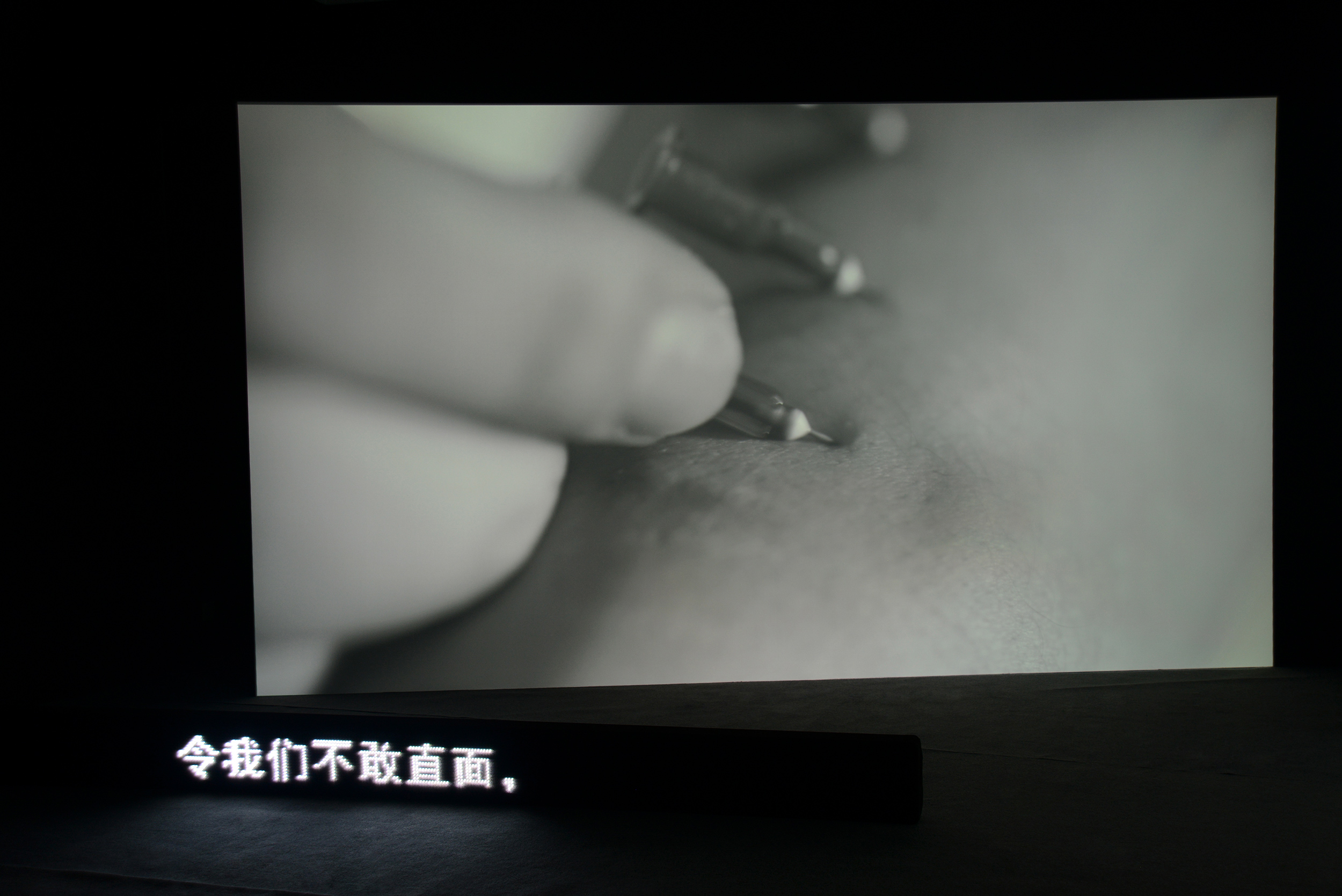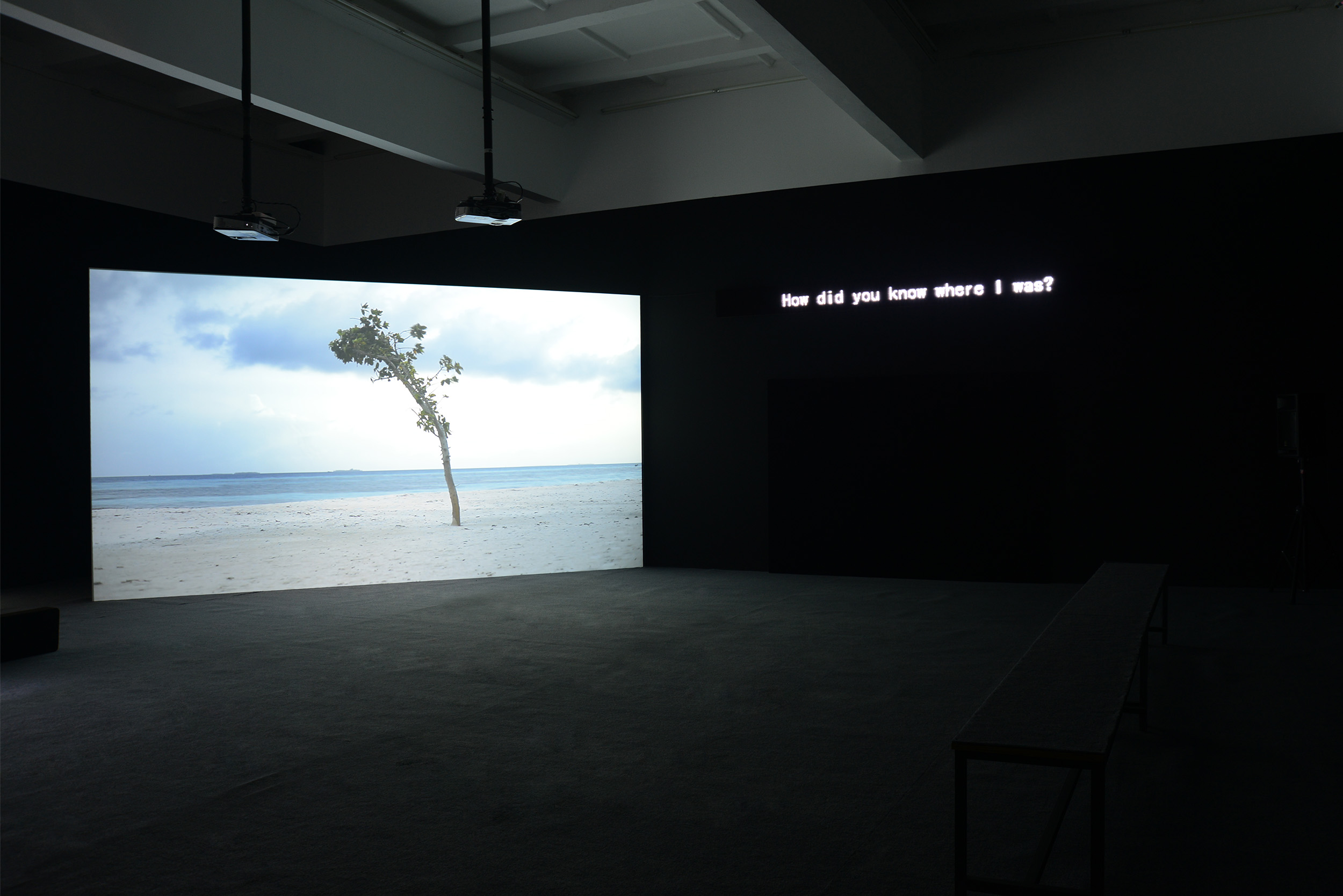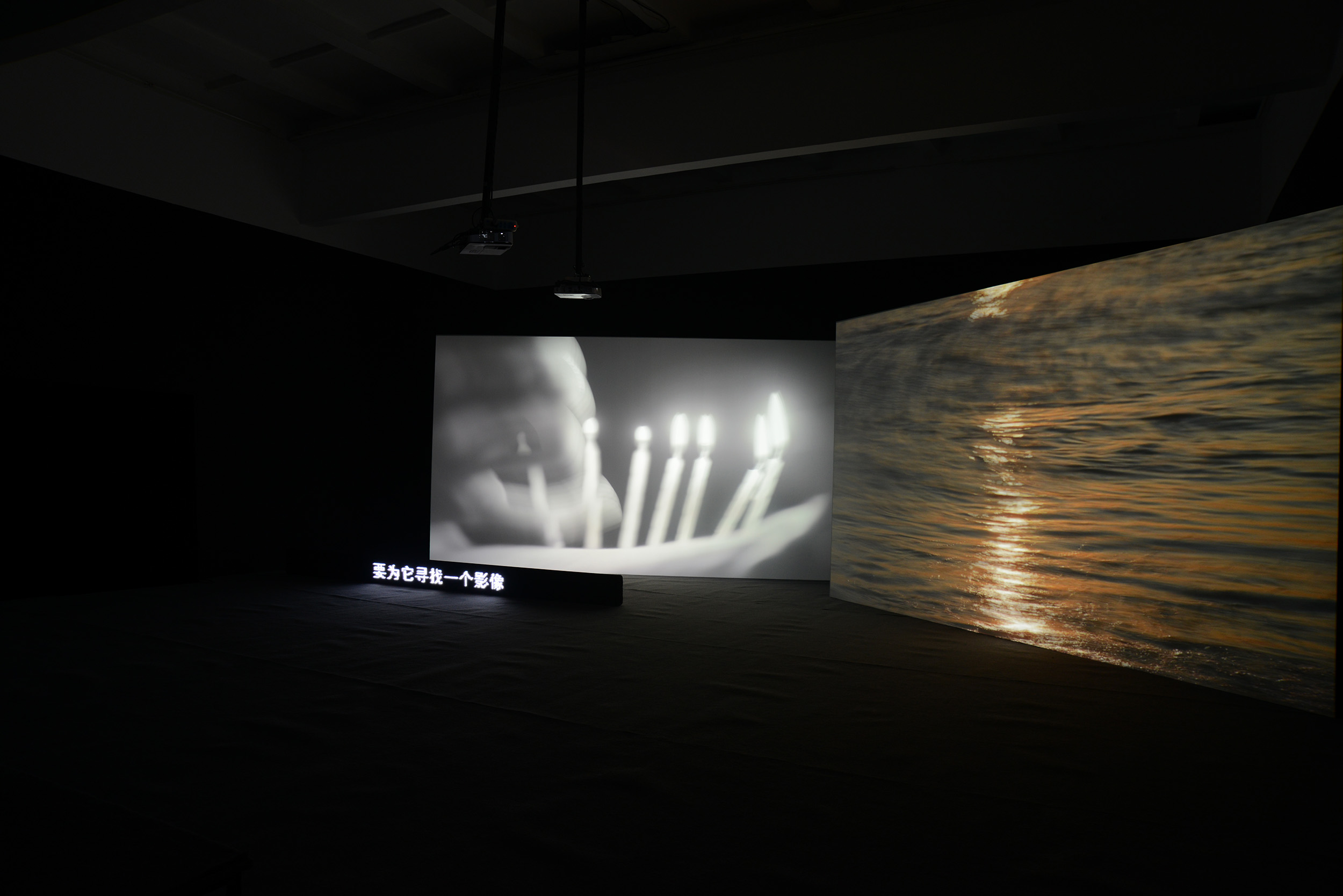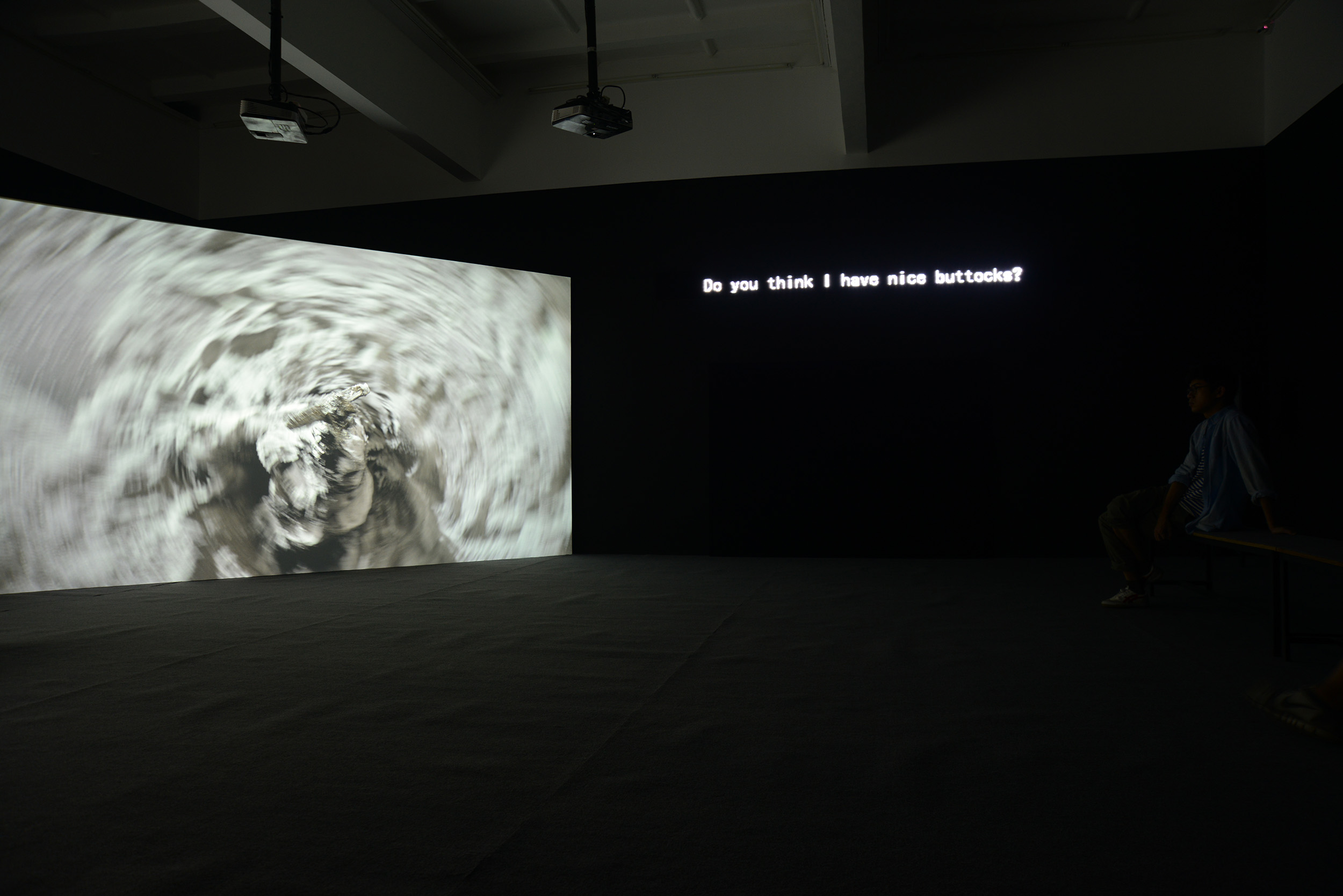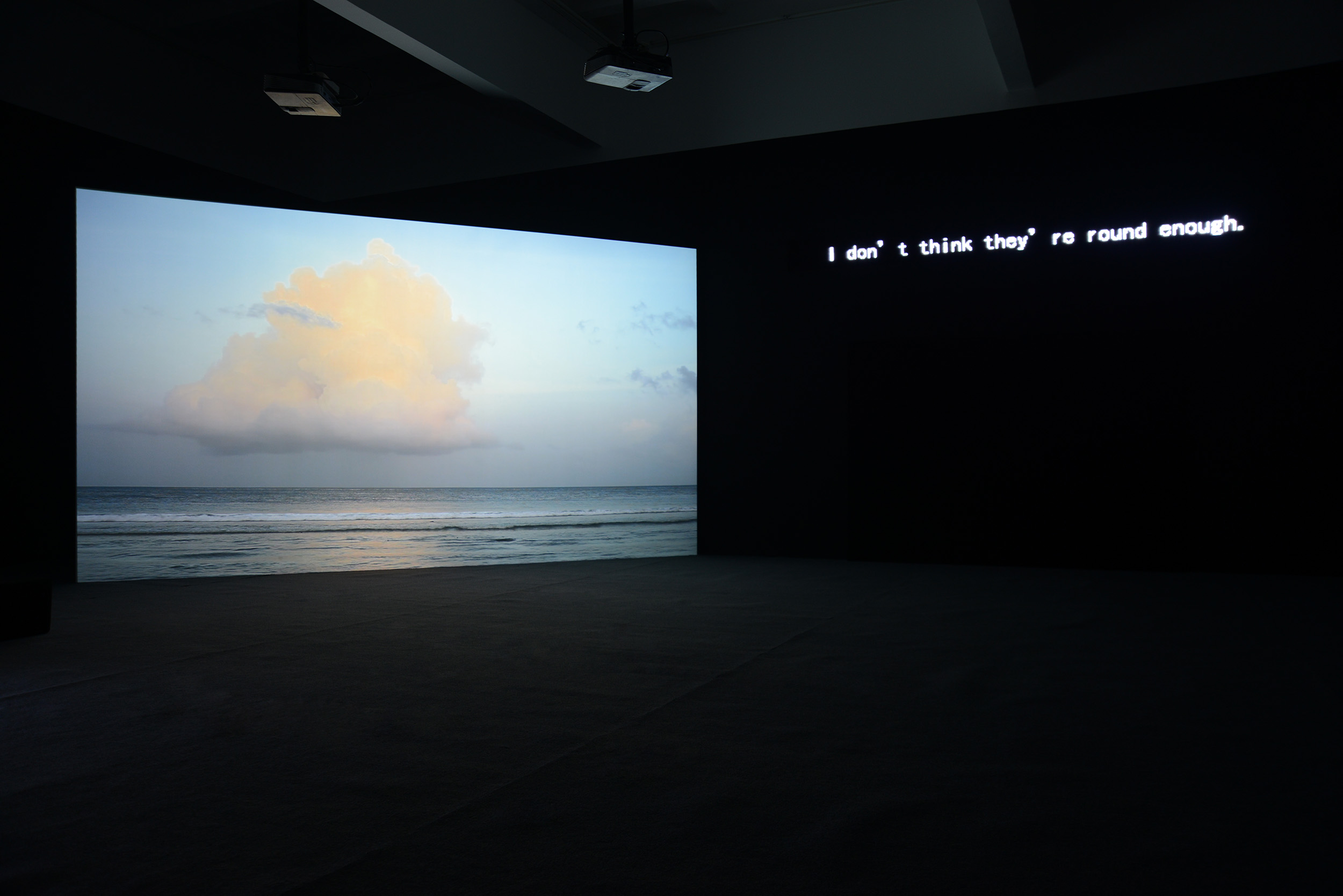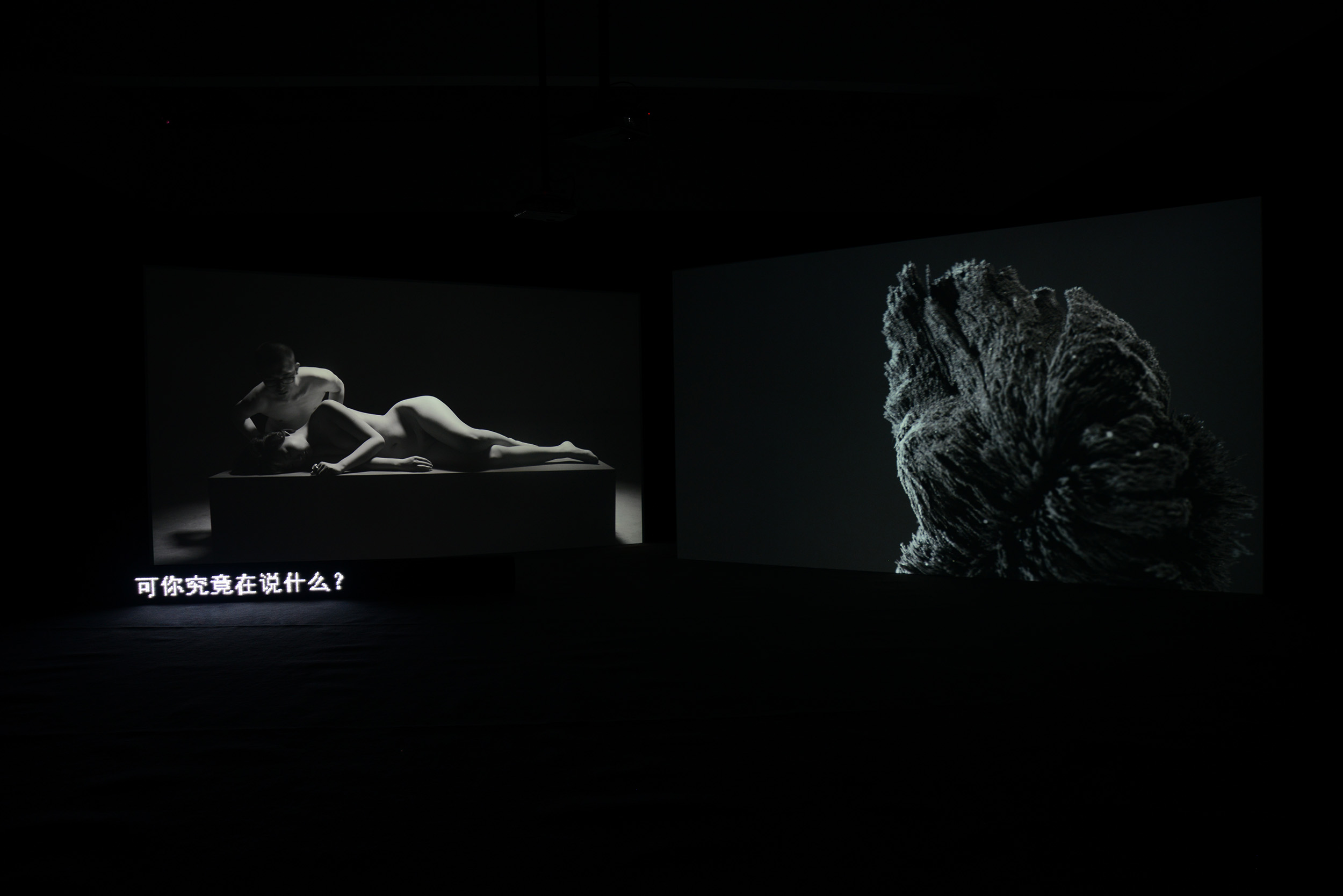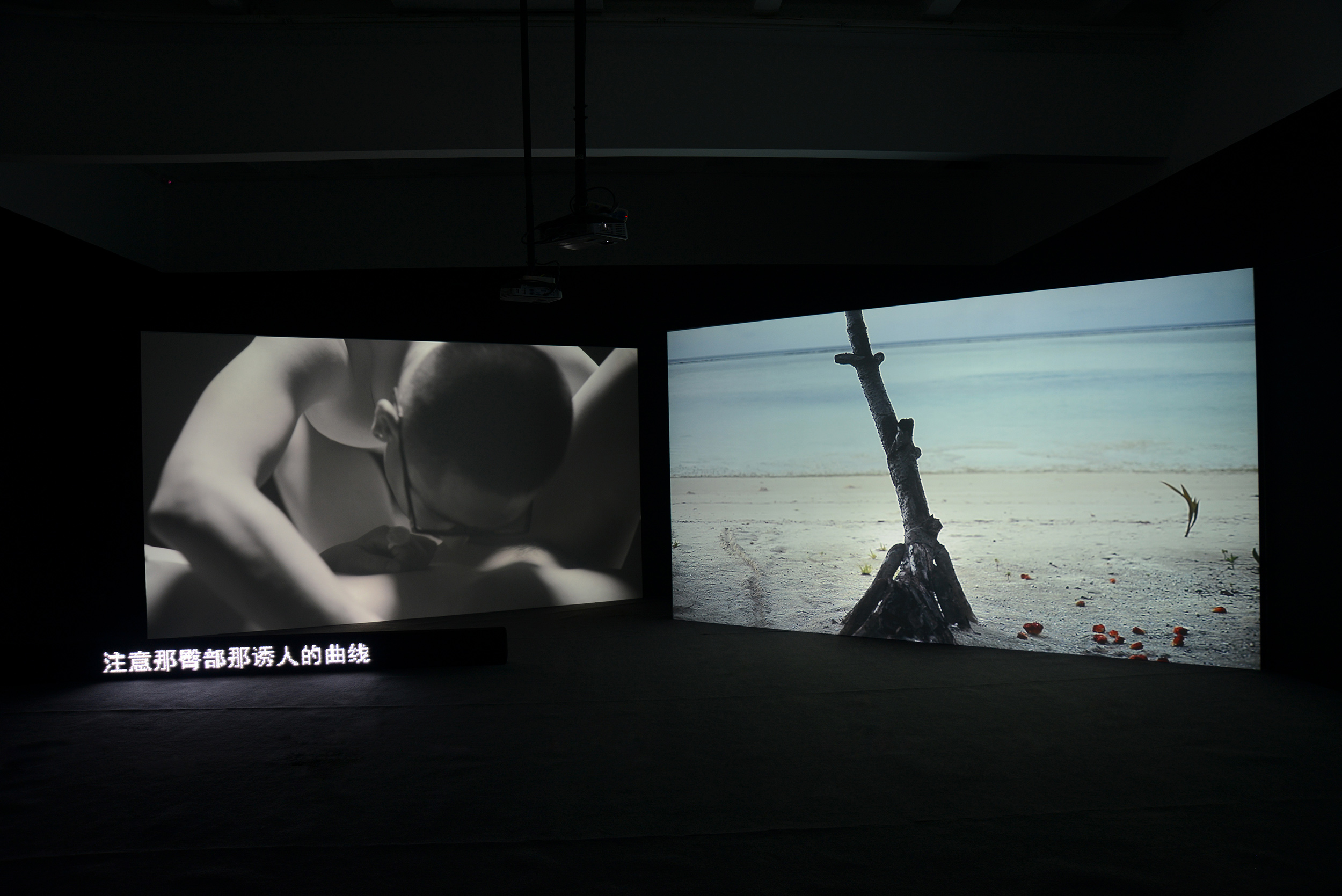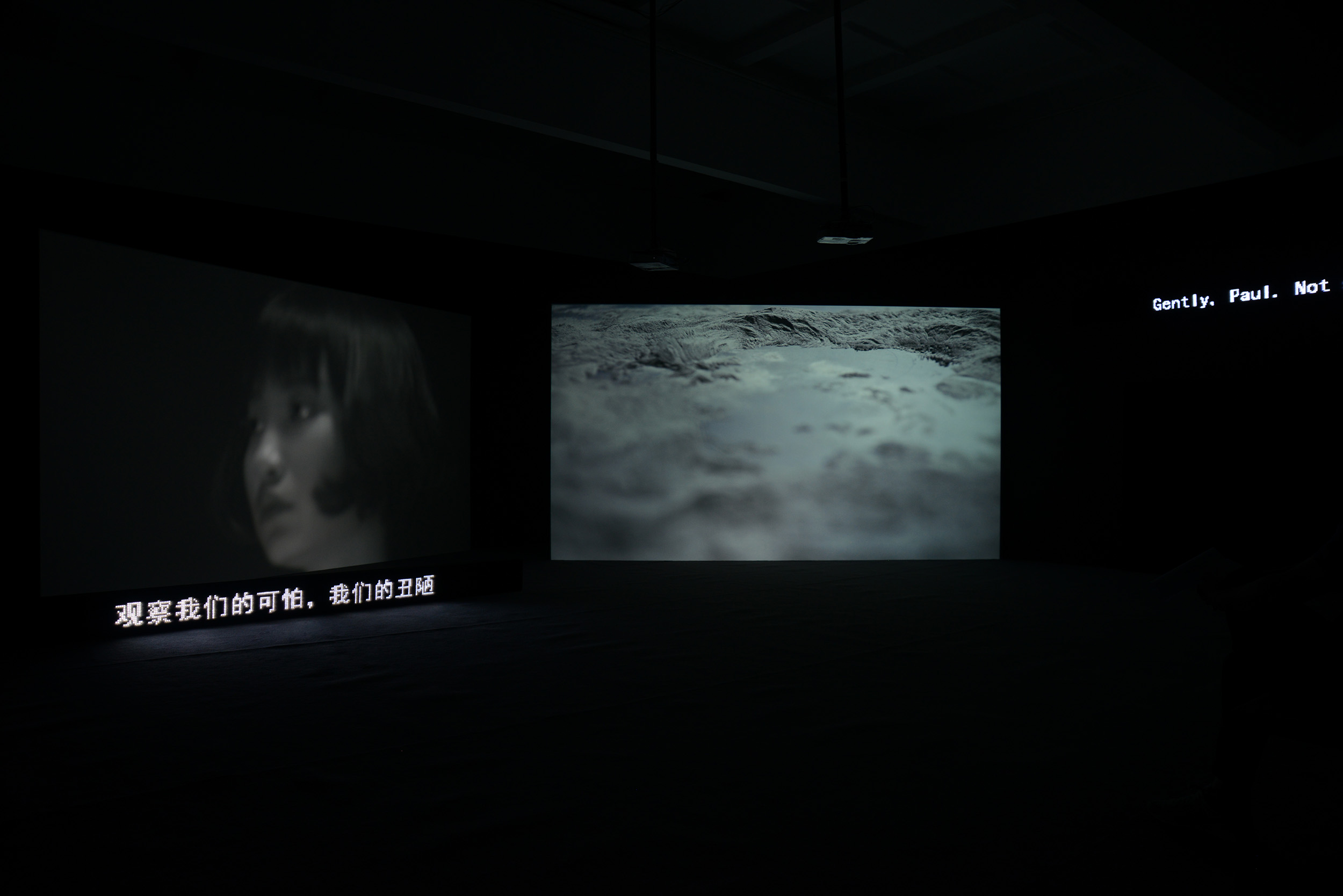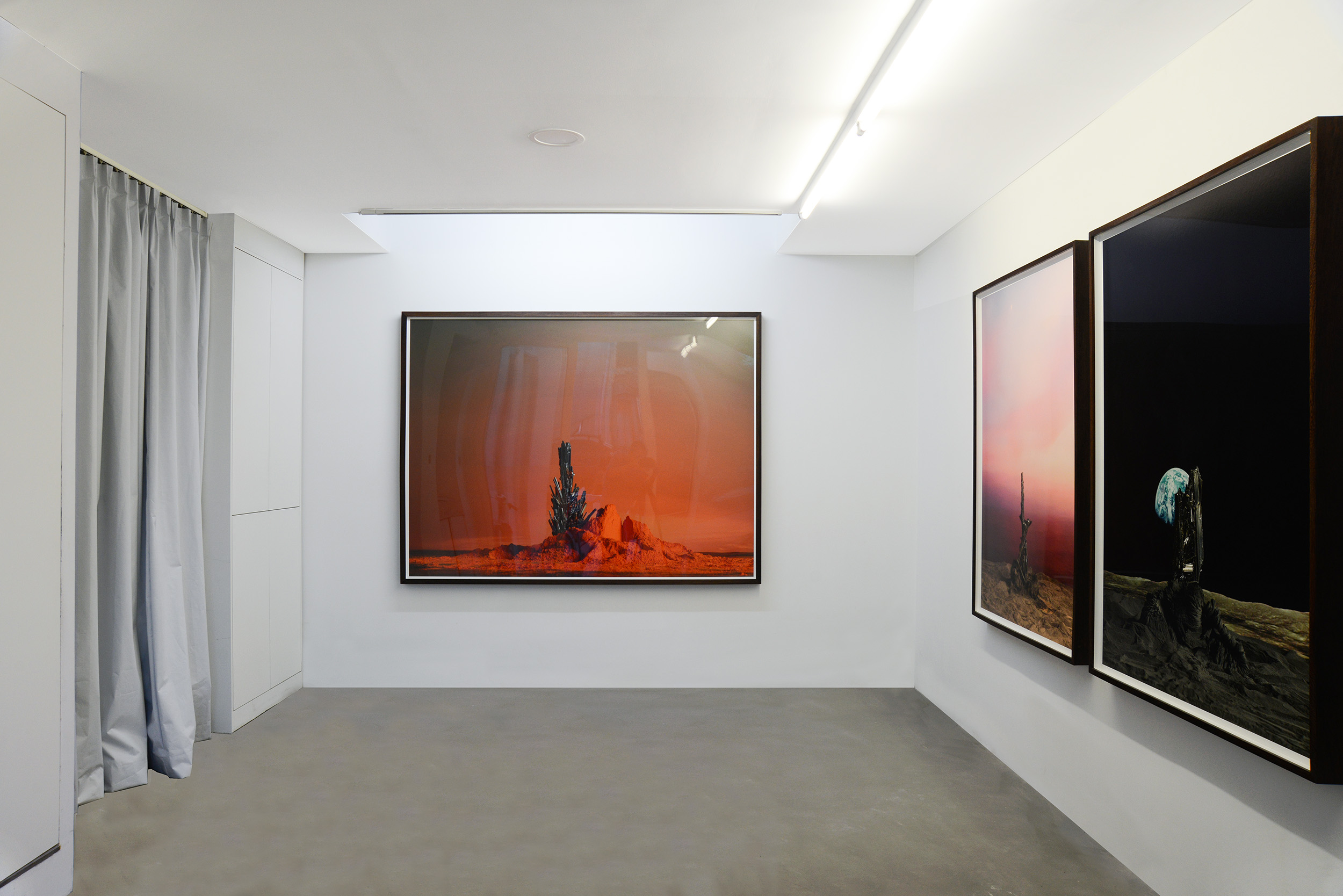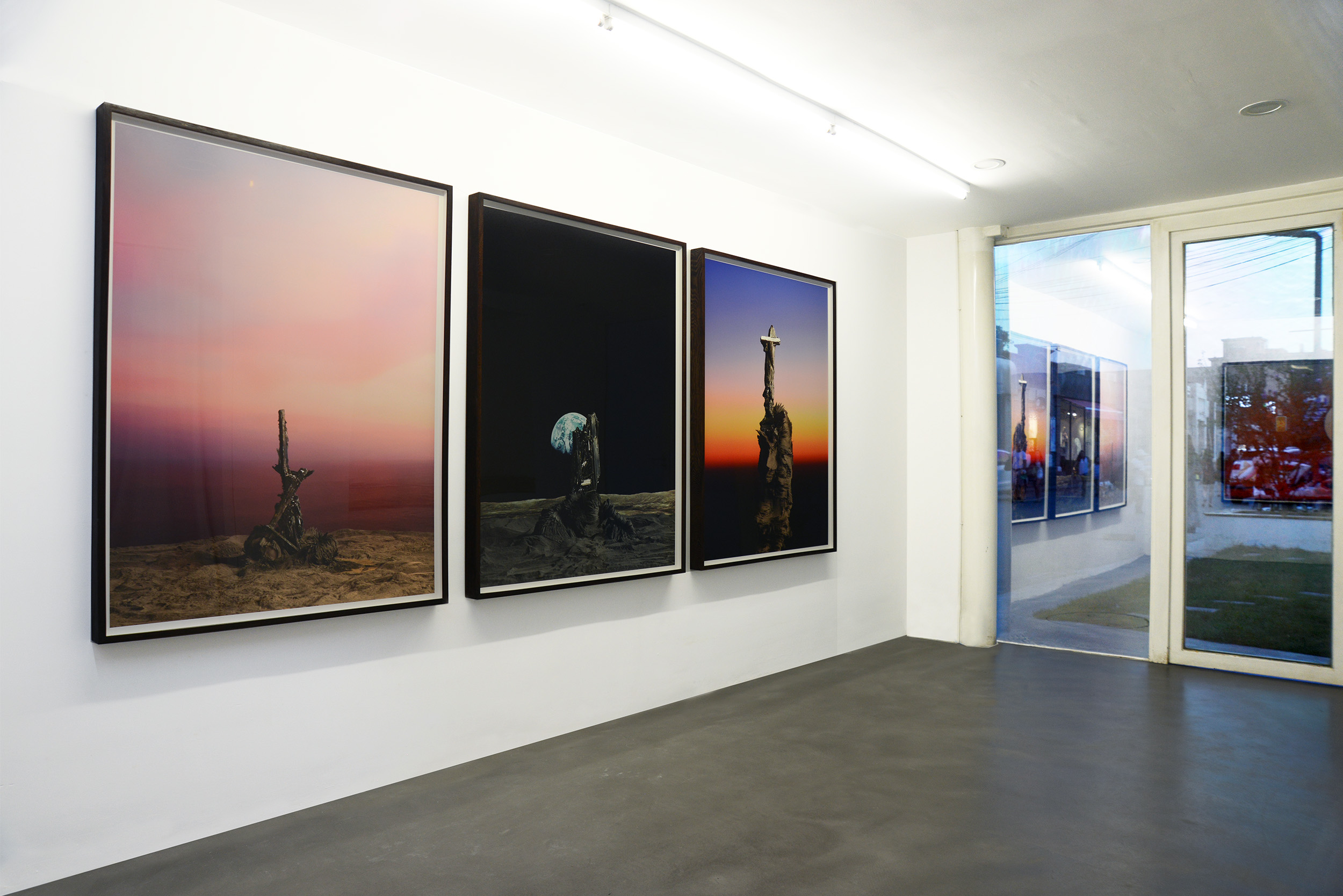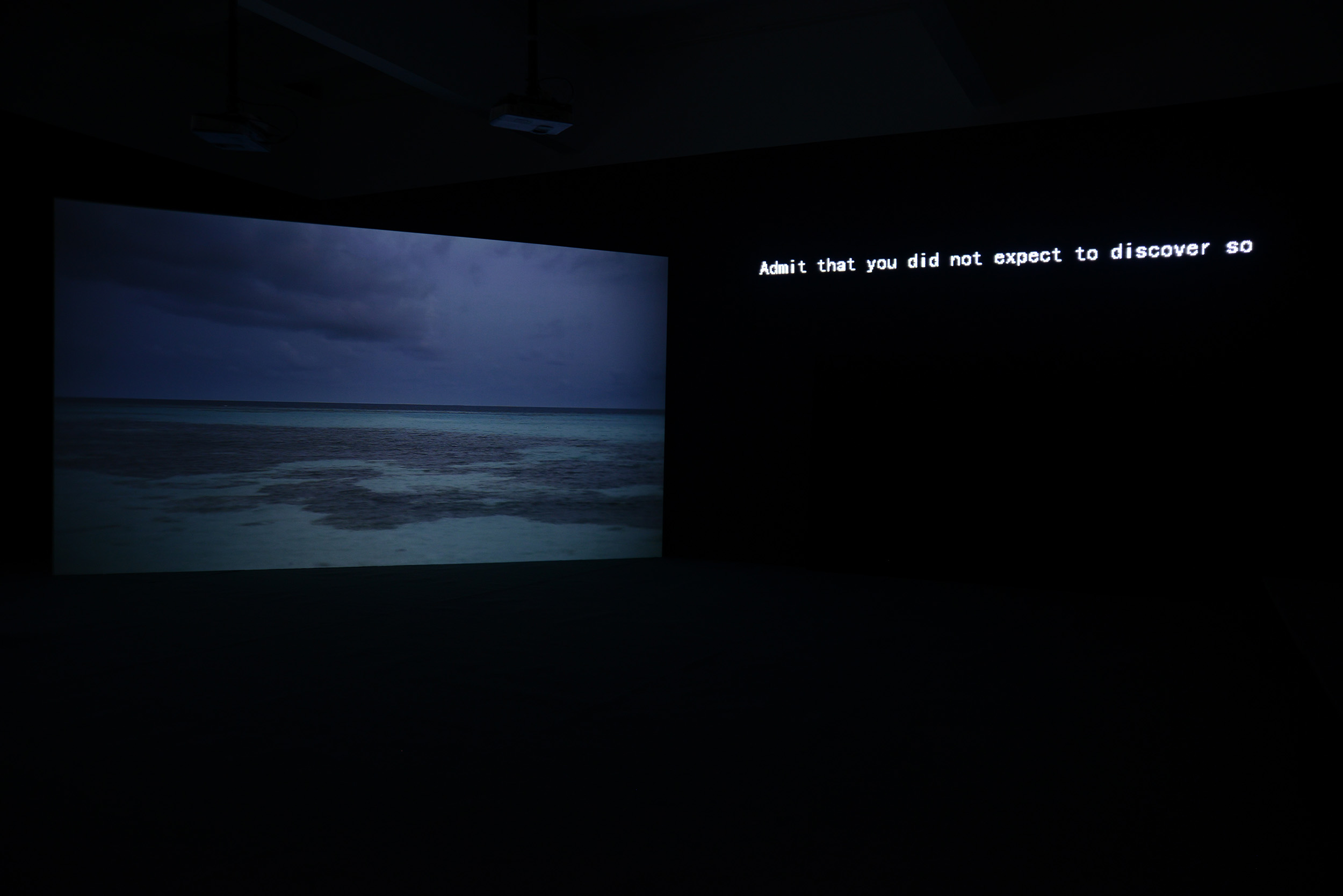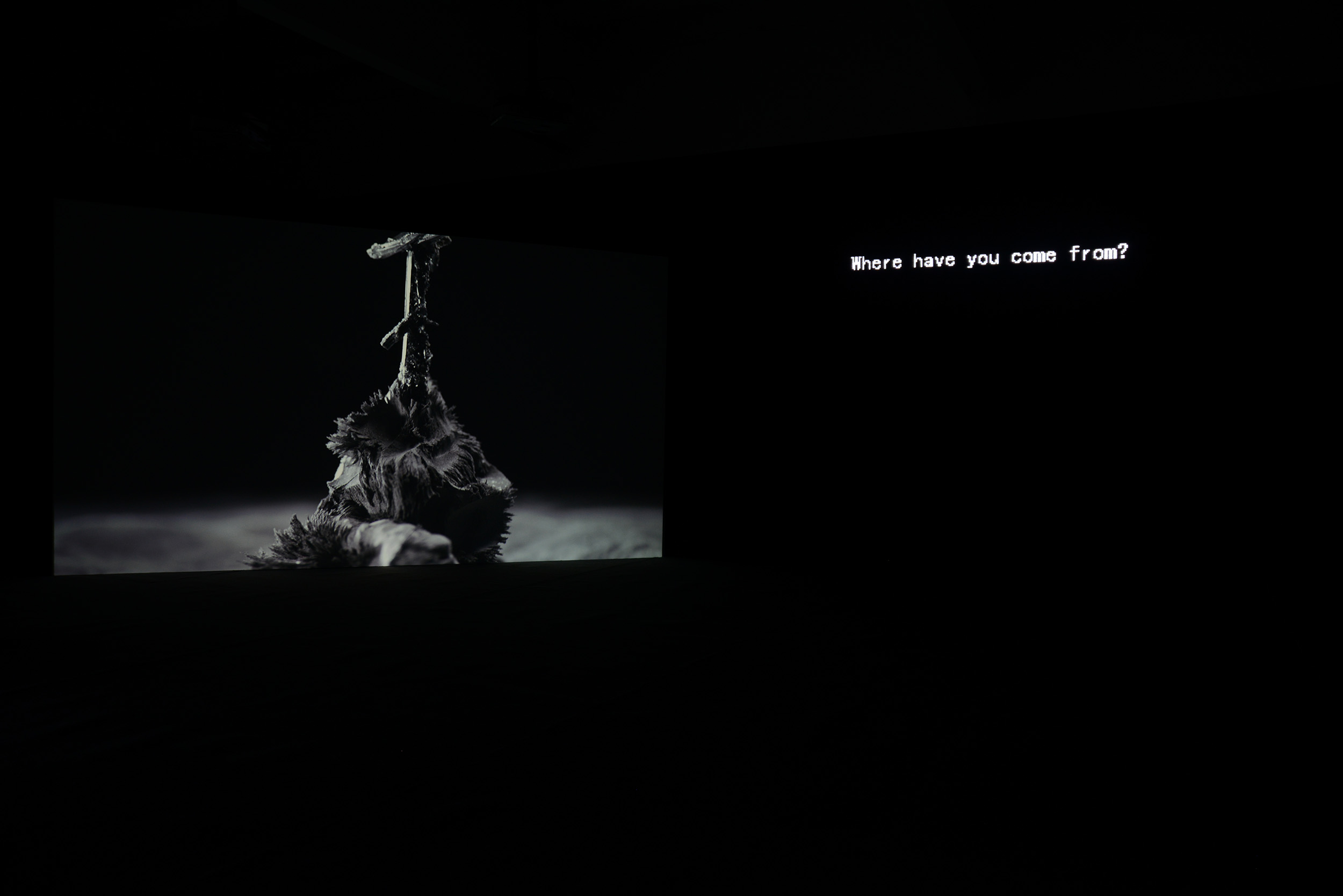Jiang Zhi: Predestiny
This post is also available in:
 简体中文 (Chinese (Simplified))
简体中文 (Chinese (Simplified))  English
English
Magician Space is delight to present “Predestiny”, the second solo exhibition of Jiang Zhi.
The exhibition presents a body of new work by Jiang Zhi, revealing insight into the artist’s on-going inquiry into how the perception of objects come into being. It looks to elaborate on the processes of looking and comprehending, revealing how our perceptual mechanisms are molded and transformed, as well as its connection to a spectrum of bodily sensations. Here, Jiang Zhi seeks to propose his ideas on the concepts of ‘predetermination’ and ‘fate’ – within these terms, fate is understood as the presuppositions formed by our abilities of perception. Fate is the notion of an ‘as-such’ rather than the ‘this’ or ‘now’. It is an ‘as such’ in that it embodies a state that ‘this’ or ‘now’ can only arise from. So what brings about this ‘as’? What makes us see a particular something ‘as’ fantasy or another thing ‘as’ reality. In other words, when speaking about fate, what often happens is an ‘as’ frequently turns into a concrete ‘is’ – this is the reason why the artist regards fate as a form of construction. The exhibition is a rejection of the belief that ‘as’ can ever become ‘is’ – here, the artist doesn’t believe that anything in the world should slide into a definitive ‘is’.
Jiang Zhi continues his ten-year long collaboration with music composer Ge Fei. Ge Fei has realised a new music score specifically for the exhibition, which will be layered with moving-image and text. They are intended to function independently, as well as collectively, in order to form together the exhibition’s main installation To Look and To Know, or Amor Fati (2016). In conjunction with the main installation, a series of photography from the series Among the Destined (2015-2016) will be exhibited in the front gallery.
Through the exhibition, Jiang Zhi looks to explore several themes: of the possibility that there is no absolute objectivity for an object – a position which regards material objects as a product of and inseparable from our perceptual senses. At this level, we can view feelings of disempowerment as deriving from our inability to transcend our perceptual limitations and its preconceptions (the boundaries of our humanity). At the same time, we can also reach another understanding from this angle: the world comes from something we create. We have a limitless capacity, which gives us greater power.
About ‘Amor Fati’ – it is a way of regarding the ‘as’ with the highest form of acceptance and care, and it is perhaps the most significant thing we first need to accept. Furthermore, it is about looking back at the processes of its emergence, examining why we situate ourselves within a given structural system – it is only in this way where we can perhaps precipitate a change that comes from inside of us.
A ‘predestined us’ becomes ‘our predestination’ – because simply it is only through us that a predestiny can exist.
News
Jiang Zhi participates in "Embodied Mirror: Performances in Chinese Video Art" at New Century Art Foundation
News
Jiang Zhi in "The D-Tale: Video Art from the Pearl River Delta" at Times Art Center Berlin
News
